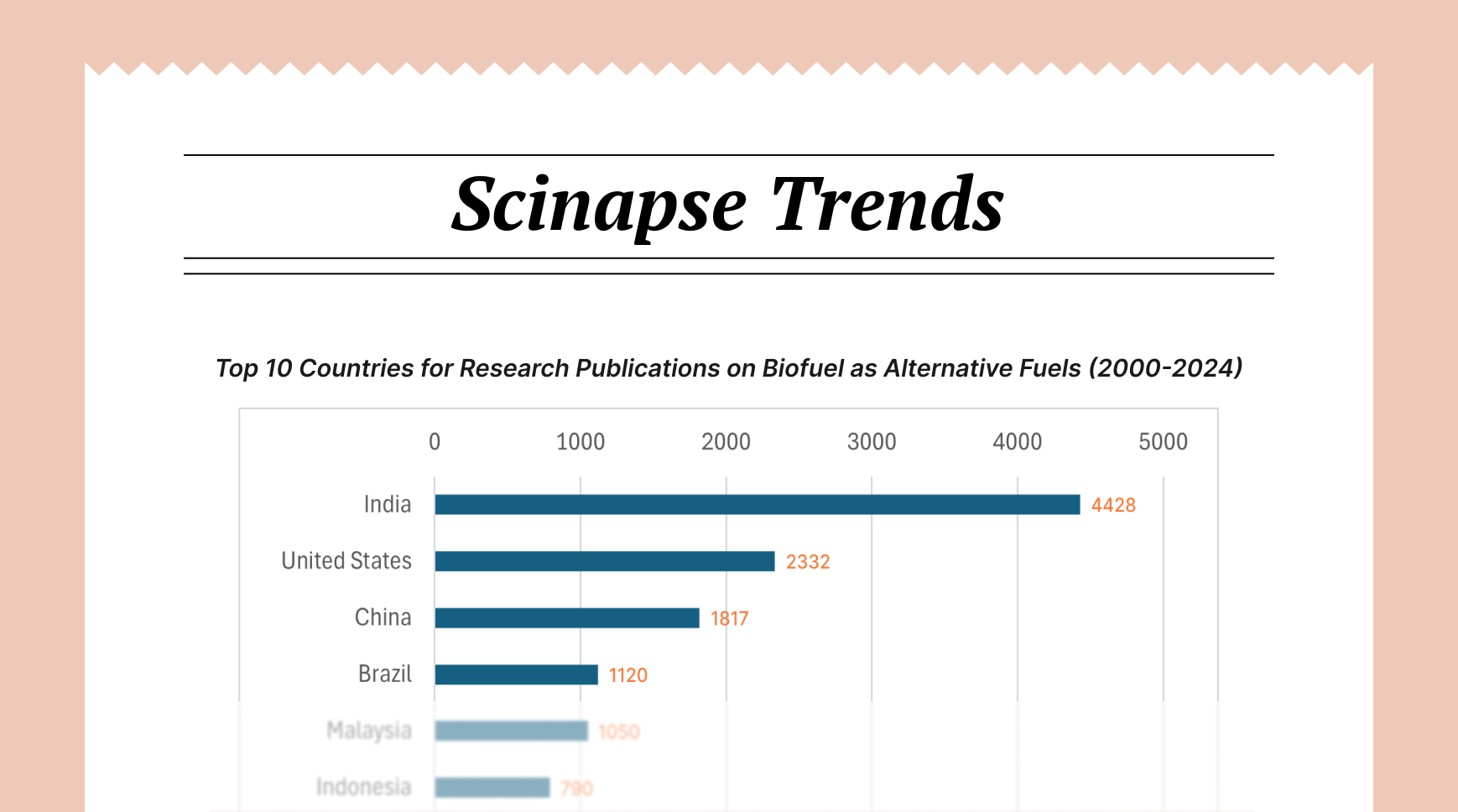Integrating Theoretical Frameworks into Your Literature Review

Integrating theoretical frameworks into a literature review is essential for providing context, guiding analysis, and establishing a foundation for research. A theoretical framework offers a structured way to understand complex phenomena by linking the literature to specific concepts and theories. In this article, we will explore why integrating theoretical frameworks is important and how to do it effectively.

Why Use Theoretical Frameworks in a Literature Review?
Theoretical frameworks serve several key functions in a literature review:
- Guiding Analysis: They help organize and interpret findings.
- Establishing Relevance: Frameworks show how your study fits within the broader academic conversation.
- Enhancing Rigor: By linking theory to empirical evidence, frameworks increase the credibility of your research.
- Framing the Research Question: A strong framework helps shape hypotheses and guide methodology.
Identifying Appropriate Theoretical Frameworks
Choosing the right framework requires understanding the core concepts and theories relevant to your research question. Follow these steps:
1. Review Relevant Literature
- Identify theories commonly used in your field.
- Look for frameworks that align with your research objectives.
2. Assess the Suitability
- Evaluate the relevance of the framework to your topic.
- Consider whether the framework addresses the variables you plan to investigate.
3. Justify Your Choice
- Clearly explain why the chosen framework is appropriate.
- Highlight how it has been applied in previous research.
How to Integrate Theoretical Frameworks into Your Review
Step 1: Introduce the Framework Early
In the introduction or literature review section, clearly state the theoretical framework you are using. Briefly explain its key concepts and how they relate to your research.
Step 2: Connect the Framework to Your Research Problem
Explicitly link the framework to your research question. Explain how it informs your hypotheses or research objectives.
Step 3: Use the Framework to Organize Your Literature
Group your literature around the concepts outlined in your framework. This helps create a coherent narrative that guides readers through your analysis.
Step 4: Critically Evaluate Studies Within the Framework
Compare how different studies approach the concepts and variables defined by the framework. Highlight any inconsistencies or gaps.
Step 5: Discuss Limitations
Acknowledge the limitations of your chosen framework. Explain how you will address potential shortcomings or gaps.
Examples of Integrating Theoretical Frameworks
Social Cognitive Theory in Health Behavior Research
When reviewing studies on health interventions, integrating the Social Cognitive Theory helps structure the literature around key constructs such as self-efficacy, behavioral expectations, and social norms.
Diffusion of Innovations Theory in Technology Adoption Studies
This framework helps categorize studies based on stages of adoption, perceived attributes of innovations, and the role of social systems.
Challenges in Integrating Frameworks
- Misalignment with Research Objectives: Choosing a framework that doesn’t fit can lead to incoherent analysis.
- Overly Complex Models: Using a multifaceted theory can complicate the literature synthesis.
- Lack of Consistency: Failing to apply the framework systematically weakens the analysis.
Best Practices for Effective Integration
- Be Consistent: Use the framework as a guiding thread throughout the review.
- Keep It Relevant: Only include frameworks that directly enhance the understanding of your research question.
- Critically Engage: Don’t just adopt a framework—critically assess its applicability.
Conclusion
Integrating theoretical frameworks into a literature review is crucial for developing a structured and coherent analysis. By carefully selecting and consistently applying a relevant framework, researchers can enhance the quality and rigor of their literature reviews. Following the guidelines outlined in this article will help ensure that your review is both insightful and methodologically sound.
Author: Uttkarsha B
- AI-Ethicist and STM Research & Publishing Expert
Never re-search again.
Scinapse is made by researchers for researchers.
Join the next generation of research at ⏯️ https://scinapse.io/
Pluto Labs
Pluto Labs helps researchers focus on their research by improving several inefficiencies in the academic research process. We offer data-driven insights from academic papers, allowing users to easily obtain review-level results for their desired range of papers.
https://pluto.im/





Comments ()